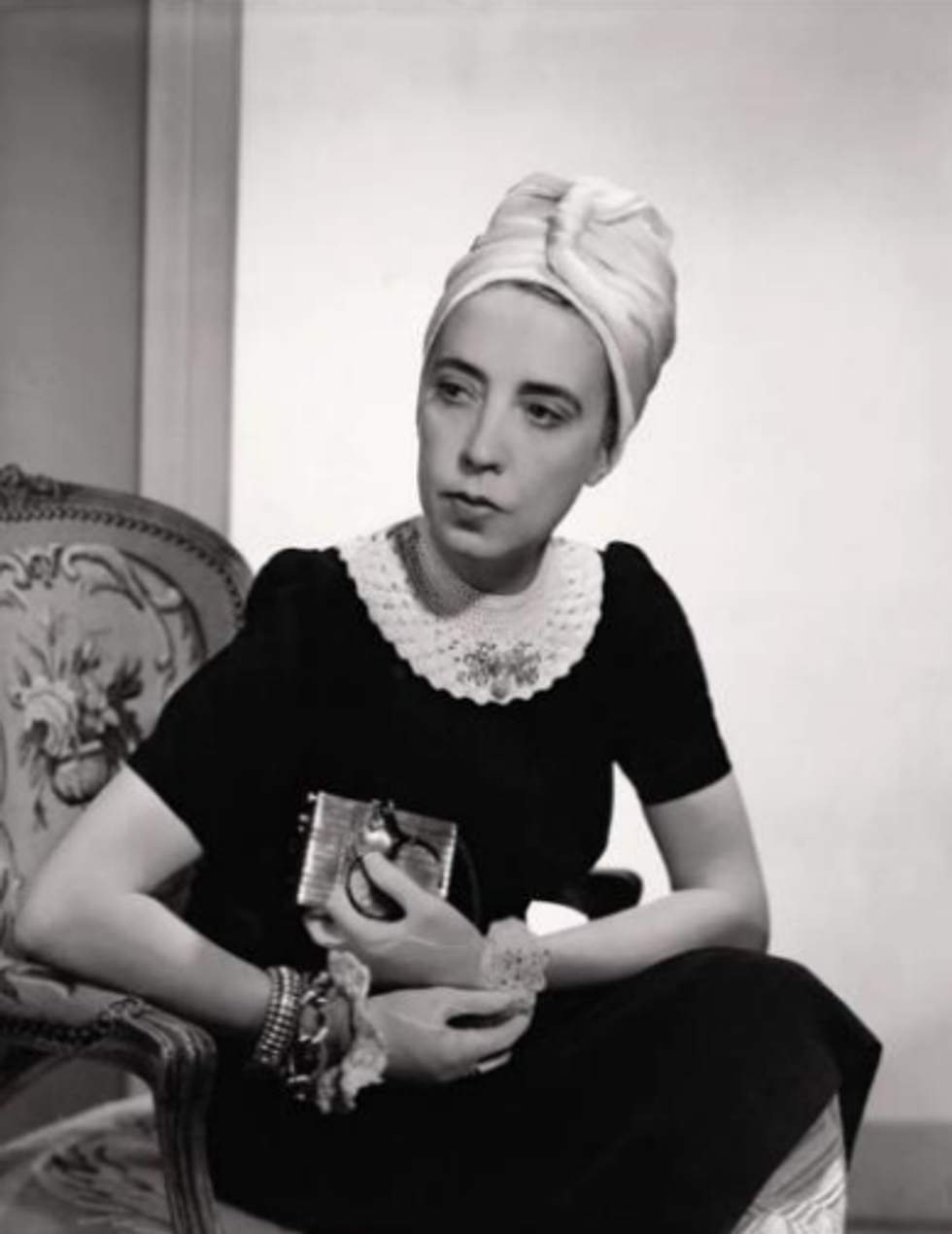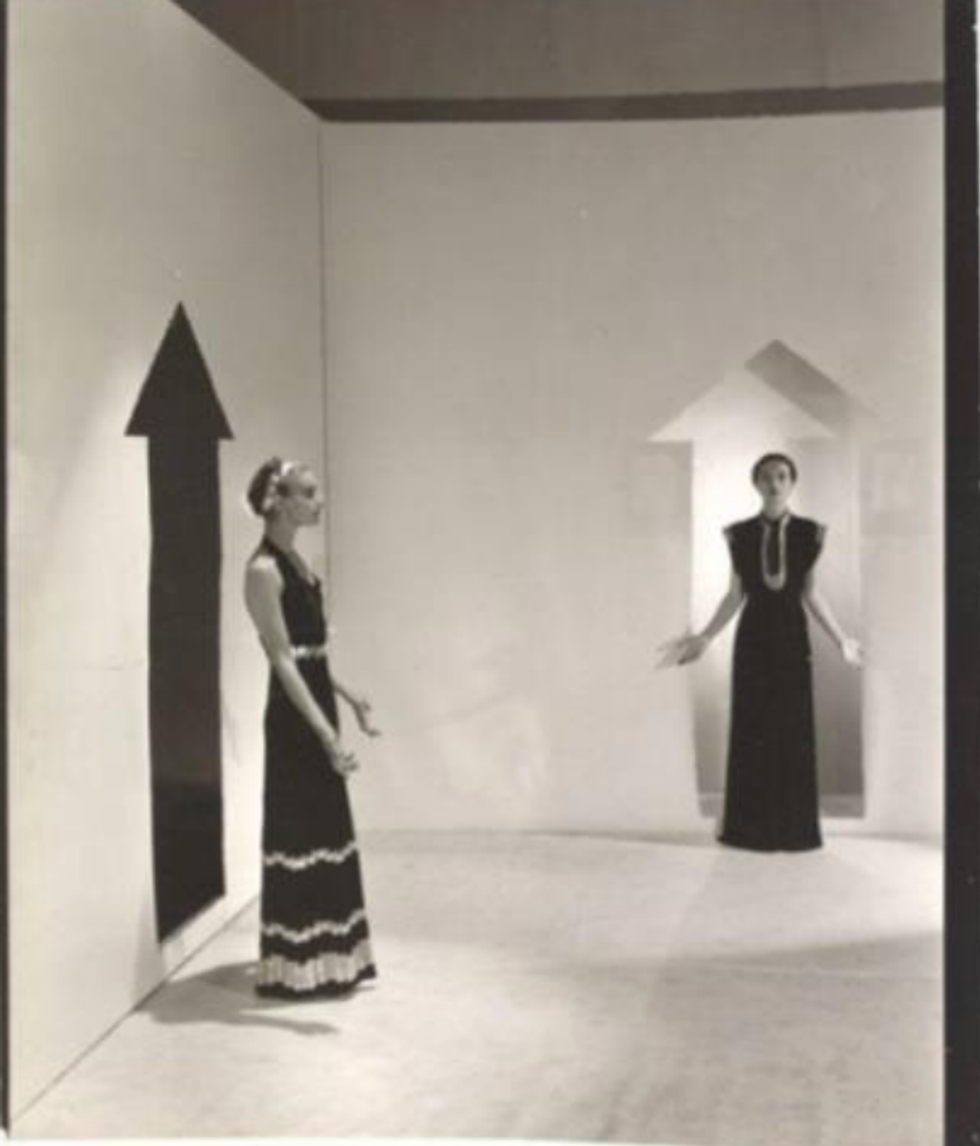NOBEL LAUREATE Venkatraman Ramakrishnan has cautioned that the "UK is way behind" in use of face masks to prevent the spread of coronavirus.
The Royal Society president said people should not leave homes without face coverings, adding that not wearing them should be considered "antisocial" behaviour.
"The UK is way behind many countries in terms of wearing masks and clear policies and guidelines about mask-wearing for the public," he said.
"The public have taken to handwashing and distancing but remain sceptical about face coverings.
"It used to be quite normal to have quite a few drinks and drive home, and it also used to be normal to drive without seatbelts. Today both of those would be considered antisocial, and not wearing face coverings in public should be regarded in the same way."
Prof. Venki, as he's widely known, chairs a committee of experts that analyses global data to identify vital factors that can help slow the spread of coronavirus as well as find long-term solutions to the pandemic.
His message came as a new review of evidence reinforced the benefits of face coverings, suggesting that they may protect the wearer as well as those around.
However, analysts pointed out, the British public was less likely to wear face coverings in public compared with other countries, including the US and India.
Prof. Venki added: "There are multiple factors as to why the public have not taken to face coverings. The message has not been clear enough so perhaps people do not really understand the benefits or are not convinced of them.
"Whatever the reasons, we need to overcome our reservations and wear face coverings whenever we are around others in public."
He urged people to "just treat it as another item of clothing that is part of the new normal".
"It is the right thing to do, and a small price to pay, to help keep infections down and the economy open in the pandemic," said Prof. Venki.
His views coincided with the Royal Society’s Science in Emergencies Tasking – Covid-19 Group recent joint report with the British Academy to highlight that wearing face coverings could help save lives and prevent disabling illnesses.
















 Vogue 1940; Designer Elsa Schiaparelli wearing black silk dress with crocheted collar of her own design and a turbanFredrich Baker/Condé Nast via Getty Images
Vogue 1940; Designer Elsa Schiaparelli wearing black silk dress with crocheted collar of her own design and a turbanFredrich Baker/Condé Nast via Getty Images 'Tears' Evening dress and head veil, designed by Elsa Schiaparelli, February 1938 for Circus Collection, summer 1938. Fabric designed by Salvador Dali Victoria and Albert Museum, London
'Tears' Evening dress and head veil, designed by Elsa Schiaparelli, February 1938 for Circus Collection, summer 1938. Fabric designed by Salvador Dali Victoria and Albert Museum, London Natasha Poonawalla attends The 2022 Met GalaGetty Images
Natasha Poonawalla attends The 2022 Met GalaGetty Images  Vogue 1936; Two models, standing in a white room with arrows painted on walls and wearing dresses by Schiaparelli;Cecil Beaton/Condé Nast via Getty Images
Vogue 1936; Two models, standing in a white room with arrows painted on walls and wearing dresses by Schiaparelli;Cecil Beaton/Condé Nast via Getty Images


 Many of these beaches are tidal and best enjoyed at low tideiStock
Many of these beaches are tidal and best enjoyed at low tideiStock It’s also unofficially clothing-optionaliStock
It’s also unofficially clothing-optionaliStock Framed by the turquoise seaiStock
Framed by the turquoise seaiStock It’s best visited early or late in the dayiStock
It’s best visited early or late in the dayiStock